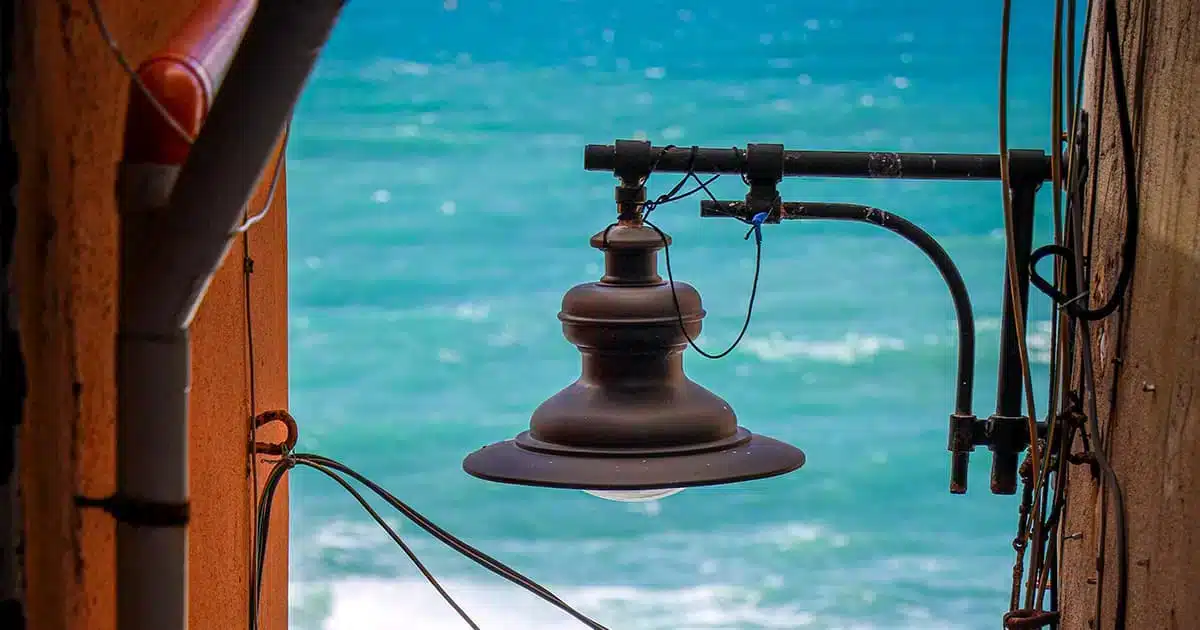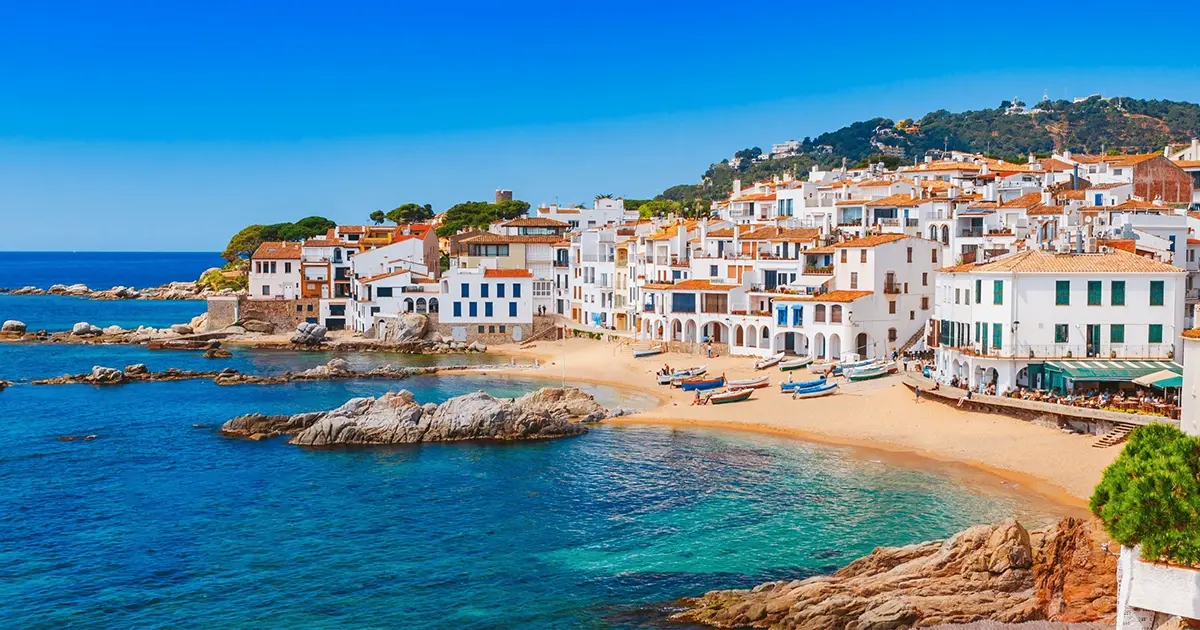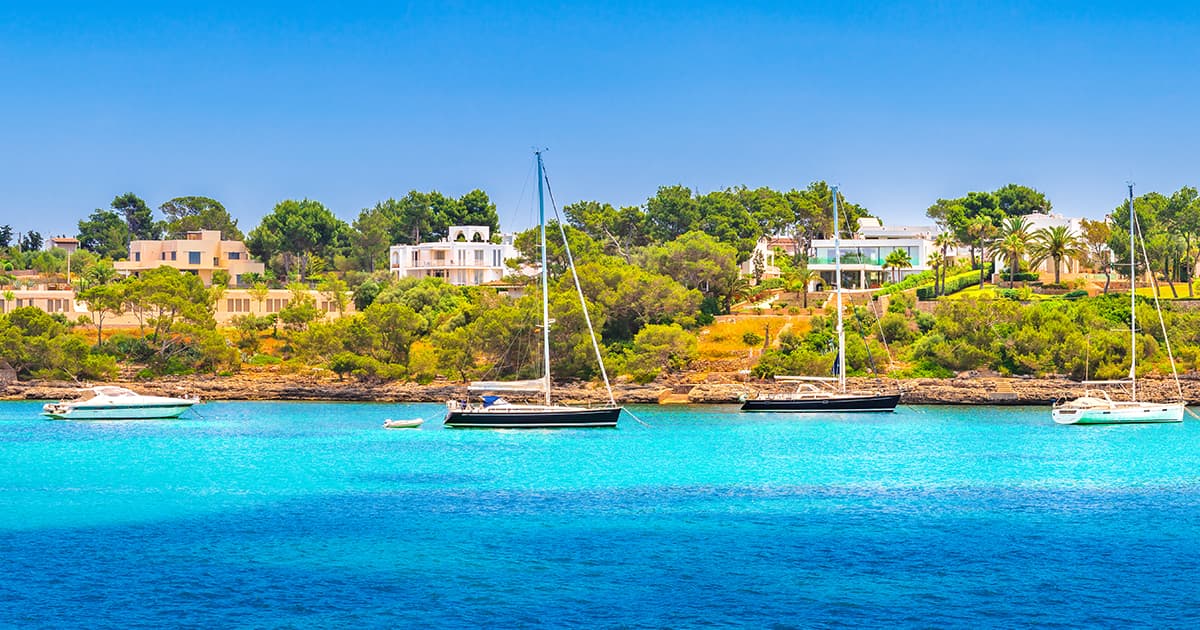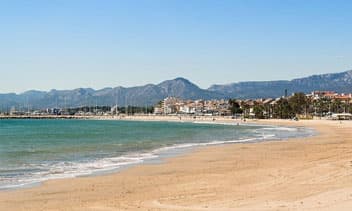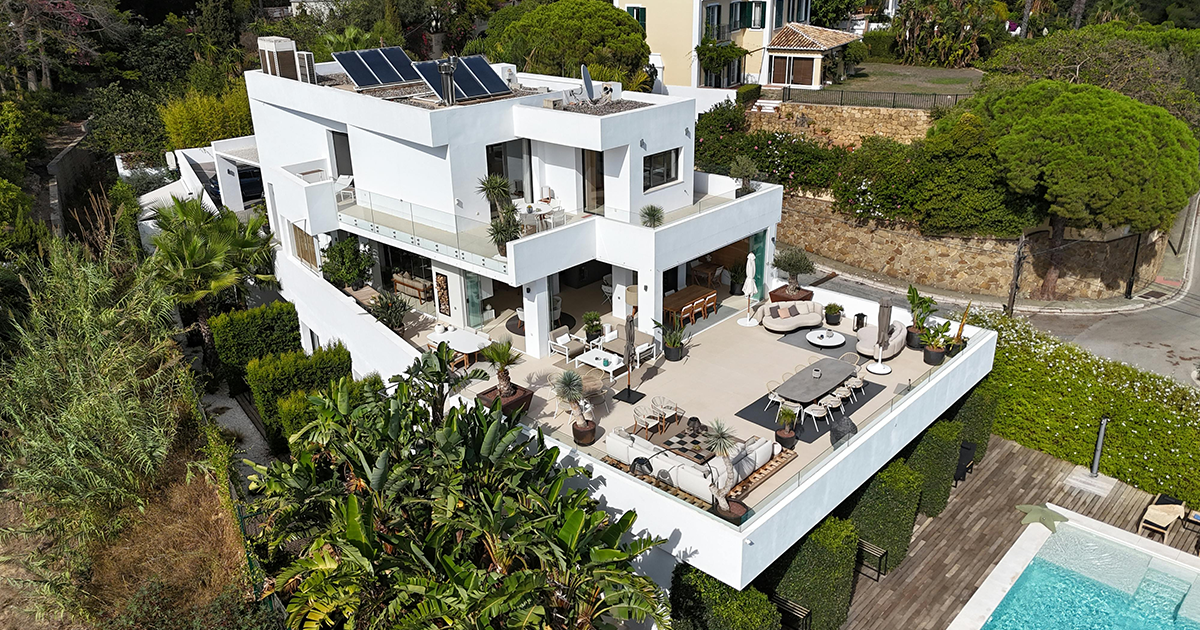
Buying Property in Spain with a Spanish Mortgage for Foreigners
Last update: September 3, 2025
Reading time: 5.8 min
Spain has long been a top destination for foreign property buyers. Its sunny weather, vibrant culture, and affordable living costs make it an attractive option for second homes, investment properties, or permanent relocation. For non-residents looking to purchase a home in Spain, obtaining a mortgage in the country is often an ideal financing solution. In this article, we’ll explore how foreigners can navigate the Spanish mortgage market, the requirements, and what you should consider before applying.
Overview of the Spanish Mortgage Market
Spanish mortgages offer flexibility and competitive terms, especially in comparison to other European countries. There are fixed, variable, and mixed mortgage types, giving foreign buyers various options depending on their financial situation and long-term plans. In Spain, mortgage interest rates are typically lower than in other countries, which can be advantageous for long-term investments. The maximum loan term is usually up to 30 years, with interest rates currently hovering between 2-4%, depending on the type of mortgage and the borrower’s profile.
Who Can Apply for a Mortgage in Spain?
Both residents and non-residents can apply for a mortgage in Spain. Non-residents typically receive up to 70% of the property value, whereas residents can borrow up to 80%. In general, to qualify, you need to demonstrate stable income, good credit history, and a favorable debt-to-income ratio. Banks in Spain often require foreign buyers to have some savings or assets within the country to mitigate risk.
Types of Mortgages Available to Foreigners in Spain
- Fixed-Rate Mortgages: These mortgages have the same interest rate throughout the loan term, providing certainty for monthly payments.
- Variable-Rate Mortgages: Here, the interest rate fluctuates based on the Euribor rate, which can result in lower payments initially but carries the risk of future rate increases.
- Mixed Mortgages: These offer a fixed interest rate for a set period, then switch to a variable rate, combining the benefits of both models.
The Application Process for a Spanish Mortgage
Getting a mortgage in Spain as a foreigner involves a straightforward, though paperwork-heavy, process. First, you must secure an NIE (Número de Identificación de Extranjeros), which is a tax identification number for foreigners. After gathering the necessary documentation, such as proof of income, bank statements, and credit reports, you can apply through a Spanish bank. Banks will assess your financial health, usually focusing on your debt-to-income ratio, before making a mortgage offer.

Required Documentation for a Mortgage in Spain
- NIE (Foreigner Identification Number): Required for all foreign transactions in Spain.
- Proof of Income: Typically your last three to six months of payslips or income statements.
- Bank Statements: You’ll need to show at least three months of recent bank activity.
- Credit History: Your credit score or history from your home country will often be reviewed.
Conditions and Requirements for Getting a Mortgage in Spain
Most Spanish banks will offer mortgages based on a loan-to-value (LTV) ratio, which determines the amount you can borrow relative to the property’s value. Typically, non-residents can borrow up to 70%, while residents may qualify for up to 80%. A down payment of at least 30% is usually required. Mortgage terms range from 10 to 30 years, with competitive interest rates, particularly for fixed-rate mortgages.
Legal Aspects of Mortgages in Spain
Mortgages in Spain are regulated and require involvement from a notary, who will ensure that the mortgage terms comply with the law. The notary is responsible for verifying all the documentation and overseeing the signing of the mortgage contract. In the event of default, Spanish banks have legal rights to foreclose, and understanding these terms is crucial for foreign buyers.
Advantages of Financing a Property Purchase with a Spanish Mortgage
One of the major benefits of taking out a mortgage in Spain is the low interest rates, which are typically lower than in other countries like the UK or the US. Spanish banks offer flexible repayment terms, and non-residents often find favorable conditions, such as tax benefits related to property investment.
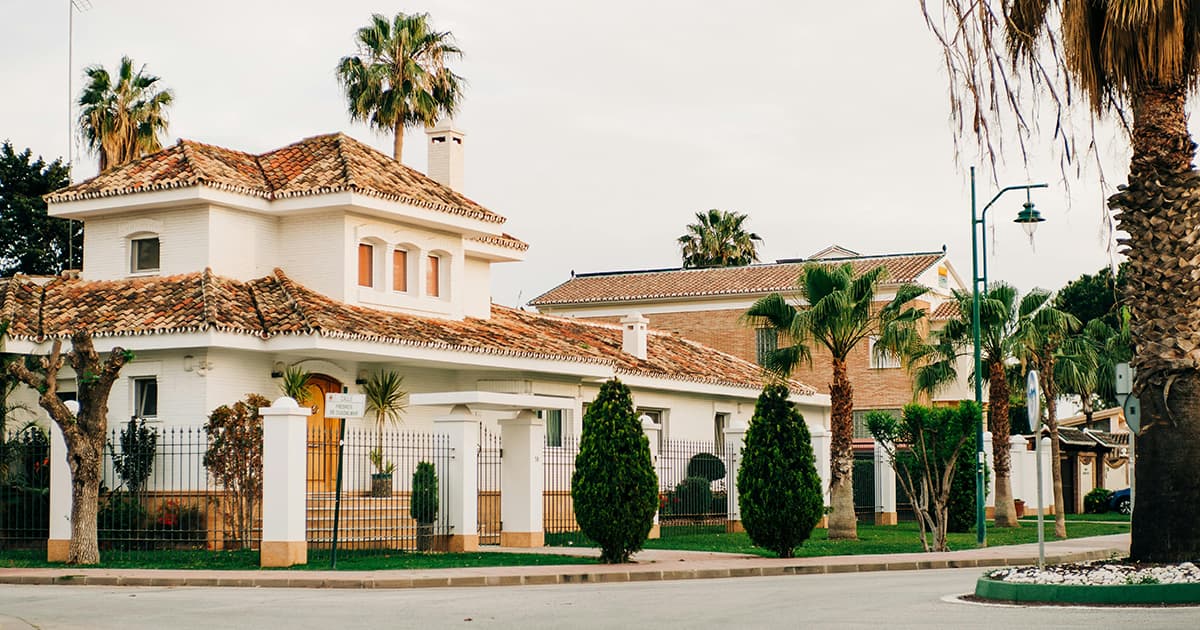
Potential Disadvantages and Risks
Currency exchange risk is one of the primary concerns for non-residents, especially if their income or assets are in a currency other than euros. Additionally, variable interest rates can increase your monthly payments unexpectedly. There are also several fees associated with taking out a mortgage in Spain, including notary fees, property taxes, and bank arrangement fees.
The Role of a Mortgage Broker in Spain
Using a mortgage broker can simplify the process, particularly for foreigners unfamiliar with the Spanish system. Brokers help you find the best mortgage deals, navigate the paperwork, and negotiate with banks. However, they charge fees, which typically range from 1% to 2% of the loan amount.
Taxes and Fees Associated with Buying Property in Spain
When purchasing property in Spain, buyers must consider various taxes and fees, including the Property Transfer Tax (ITP), which varies from 6% to 10%, depending on the region. Other fees include notary and legal fees, which can add an additional 1-2% of the property value.
How to Compare Mortgage Offers from Spanish Banks
It’s important to compare offers from different Spanish banks to get the best deal. Factors to consider include the interest rate, mortgage term, and any additional fees. Some banks may offer lower interest rates for shorter mortgage terms or higher down payments, so be sure to negotiate where possible.
Tips for Foreigners Looking to Buy Property in Spain
- Do Your Research: Before committing to a mortgage, research Spanish property laws, tax obligations, and financing options.
- Consult a Professional: Legal advice and using a real estate agent familiar with foreign buyers can be invaluable.
- Consider Currency Exchange Risks: Keep an eye on exchange rates if your income isn’t in euros.
Conclusion: Is It Worth Getting a Mortgage in Spain as a Foreigner?
For many foreign buyers, obtaining a mortgage in Spain offers a financially advantageous way to invest in property. With favorable interest rates and flexible mortgage terms, it’s possible to finance your dream home or investment property. However, it’s essential to consider the associated risks, fees, and legal requirements before making your final decision.

